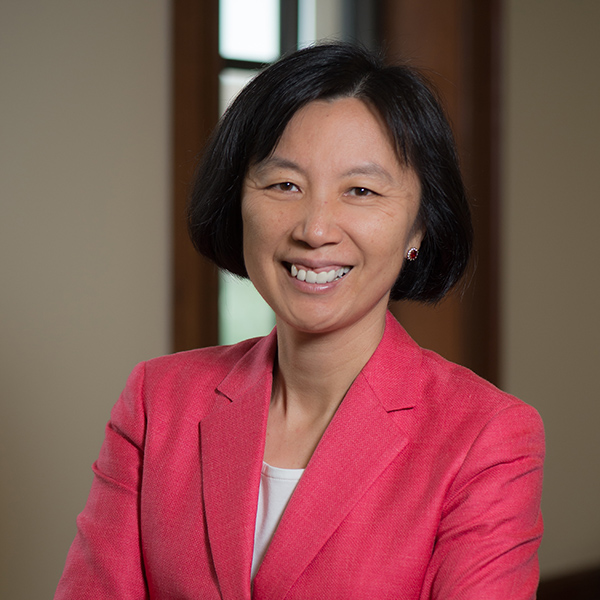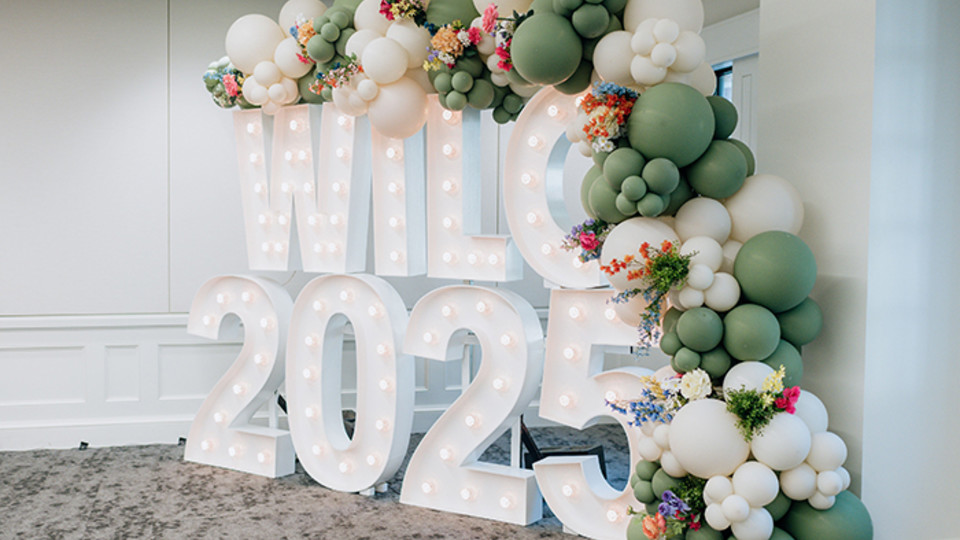
Study: Use your team’s emotions to boost creativity

If you’re putting together a team for a project, you might be inclined to pick people with cheerful, optimistic dispositions and flexible thinking. But a new management study indicates your team might also benefit from people who are exactly the opposite, according to experts at Rice University, the University of Western Australia, Bond University and the University of Queensland.

The study, co-authored by Jing Zhou, the Mary Gibbs Jones Professor of Management and Psychology at Rice’s Jones Graduate School of Business, investigates the effects of “team affective diversity” on team creativity. The paper published in the Journal of Organizational Behavior is among the first research to reveal how, why and under what condition teams’ “affective diversity” promotes team creativity.
Team members with what researchers call “negative affect” exhibit critical and persistent thinking that allows them to identify problems needing solutions, as well as to search out and critically evaluate relevant information. On the other hand, team members with “positive affect” engage in broad and flexible thinking that expands their range of information and helps them see unusual and creative connections, the researchers say.
“At any given point in time, some team members may experience positive affect such as joy and inspiration, whereas others may experience negative affect such as frustration and worry,” Zhou said. “Instead of trying to homogenize team members’ affect, teams should embrace affective heterogeneity.”
When a team experiences a high level of this “affective heterogeneity,” what Zhou describes as “dual-tuning” leads to greater creativity.
The researchers tested their hypotheses among 59 teams working on a semesterlong project in an undergraduate management course at a university in Hong Kong. Each team developed a business plan, which involved designing a new product and differentiating it from potential competitors in the market.
Zhou stresses that a team’s “affective heterogeneity” can serve as a resource for team creativity. This unique type of diversity facilitates team creativity, provided the teams have a strong so-called “transactive memory system.”
“Our study suggests that teams may be aided in using their affect heterogeneity via interventions that focus on building the team’s transactive memory system, which can be accelerated when team members spend time together, share goals, receive information about member specializations and train on the task together,” Zhou said.
Zhou co-authored the paper with March To of the University of Western Australia, Cynthia Fisher of Bond University and Neal Ashkanasy of the University of Queensland.
For a copy of the study, “Feeling differently, creating together: Affect heterogeneity and creativity in project teams,” email jfalk@rice.edu.
For more information about and insights from Rice Business faculty research, visit the Rice Business Wisdom website, https://business.rice.edu/wisdom.


